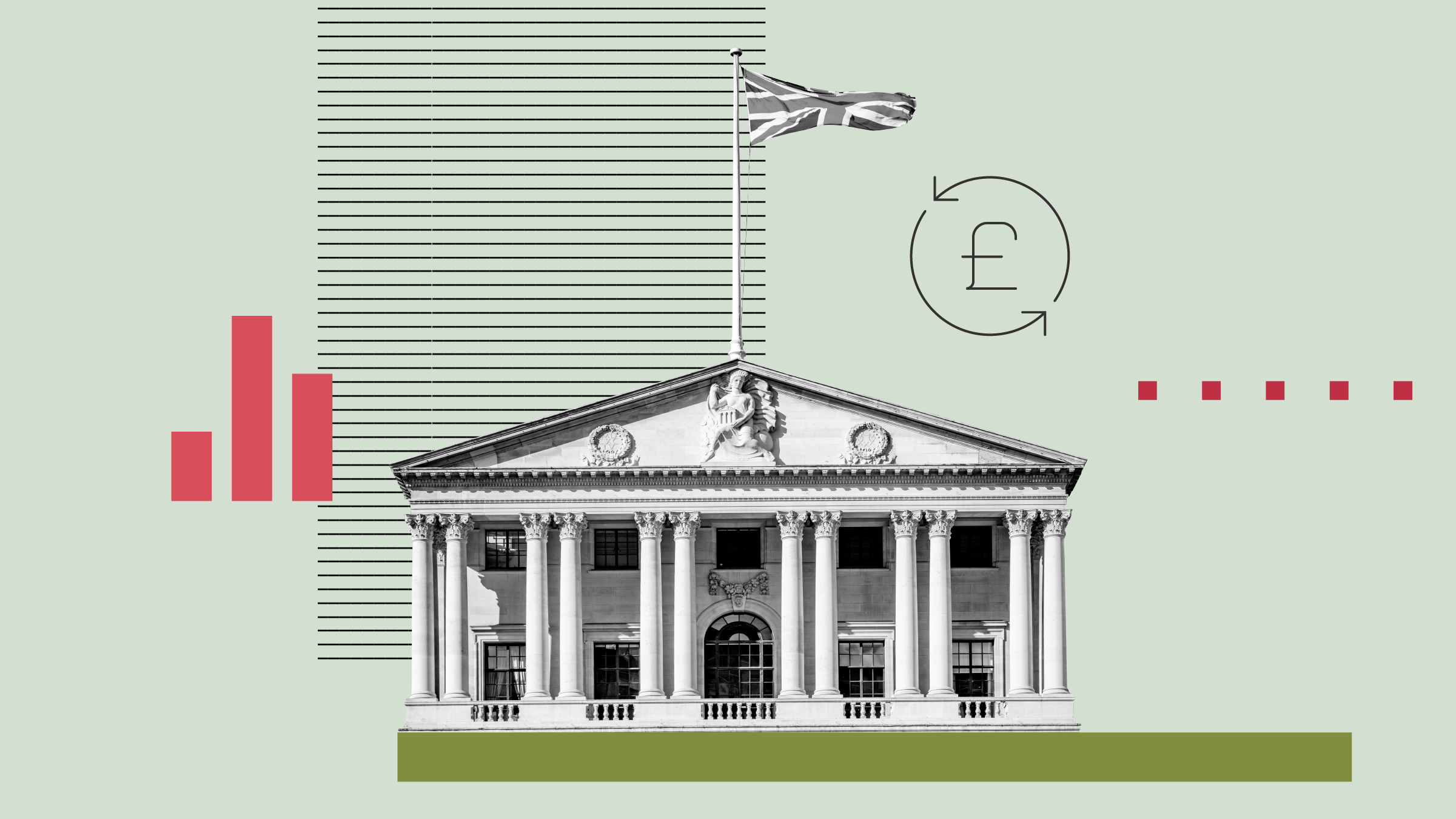Jocelyn Jovene: Hello and welcome to Morningstar. I'm Jocelyn Jovene, Senior Editor. I'm with Mara Dobrescu, who is director in the fund manager research team in charge of Fixed Income Strategies. Hello, Mara.
Mara Dobrescu: Hello, Jocelyn.
Jovene: So, when you're an investor, what are the key criteria you need to look at before selecting funds?
Dobrescu: Well, one of the key things to remember is that traditionally fixed income has been used as a ballast in a portfolio, a way to dampen the volatility of your equity investments. But what's happened was with the bull market we've seen in bonds over the past decades, investors have started to think of bonds more as yield generators. And the risk of that approach is that when yields become harder and harder to find, you need to take on more and more risk to find it, which means that the securities that offer higher yields also have the higher correlation to equities making them less actually useful as diversifies. So, it's important to think about the role that you want this to play in your portfolio, to size it appropriately.
Then I'd say there are two key aspects to consider. The first is fees. That's really the main sticking point for active managers. If you want to stack the odds in your favor, you're better off choosing cheaper offerings over more expensive ones. And the second is risk control, which is really paramount in fixed income. You want a manager who has a good handle on all sorts of risks from macro to credit risk, even more subtle or insidious things like liquidity risk.
Jovene: As you mentioned, we're in a very low yield environment. What are the key hurdles that a fund manager needs to overcome to create value for investors?
Dobrescu: Yeah. Well, one of the things that makes it more difficult is that yields have come down, but most active funds have not actually lowered their fees. So, what you have is that fees are eating up a greater portion of alpha than ever before. That's been pressurizing active managers, but at the same time, it's been a boon for passive offerings, which are now available for European investors for 10 or 20 basis points of fees annually, much more widely available than before. That's not to say that active management is dead as such. For example, managers can still add value through more sophisticated trades on duration management, or by diversifying into credit. But it's definitely become more complex, more technical and you need the wide breadth of resources to adequately exploit this.
Jovene: So, what would be some of the ideas you would recommend, or you would look at if you're an investor?
Dobrescu: Sure. Well, I can mention several funds that are rated Gold by our analysts. If we start with the most conservative end of the spectrum, within European government bond funds, that's an area that's really ripe for passive management. So, some of our favorite options are the Vanguard Euro Government Bond Fund that charges 12 basis points a year. We also have the iShares Core Euro Government Bond ETF at 9 basis points of fees. Those are two funds that are rated Gold. In the diversified space, funds that mix sovereign and credit, the highest rated fund at the moment is BGF Euro Bond, a fund management by Michael Krautzberger's team at BlackRock. And finally, within credit, I can mention Kempen Euro Credit, a fund managed by a very experienced set of individuals. They're all personally invested in the fund they run. We think that's a great way of aligning their interests with those of investors. And that's also a fund that's rated Gold by our analysts.
Jovene: Mara, thank you very much.
Dobrescu: Thank you.
Jovene: For Morningstar, I'm Jocelyn Jovene. Thanks for watching.





























